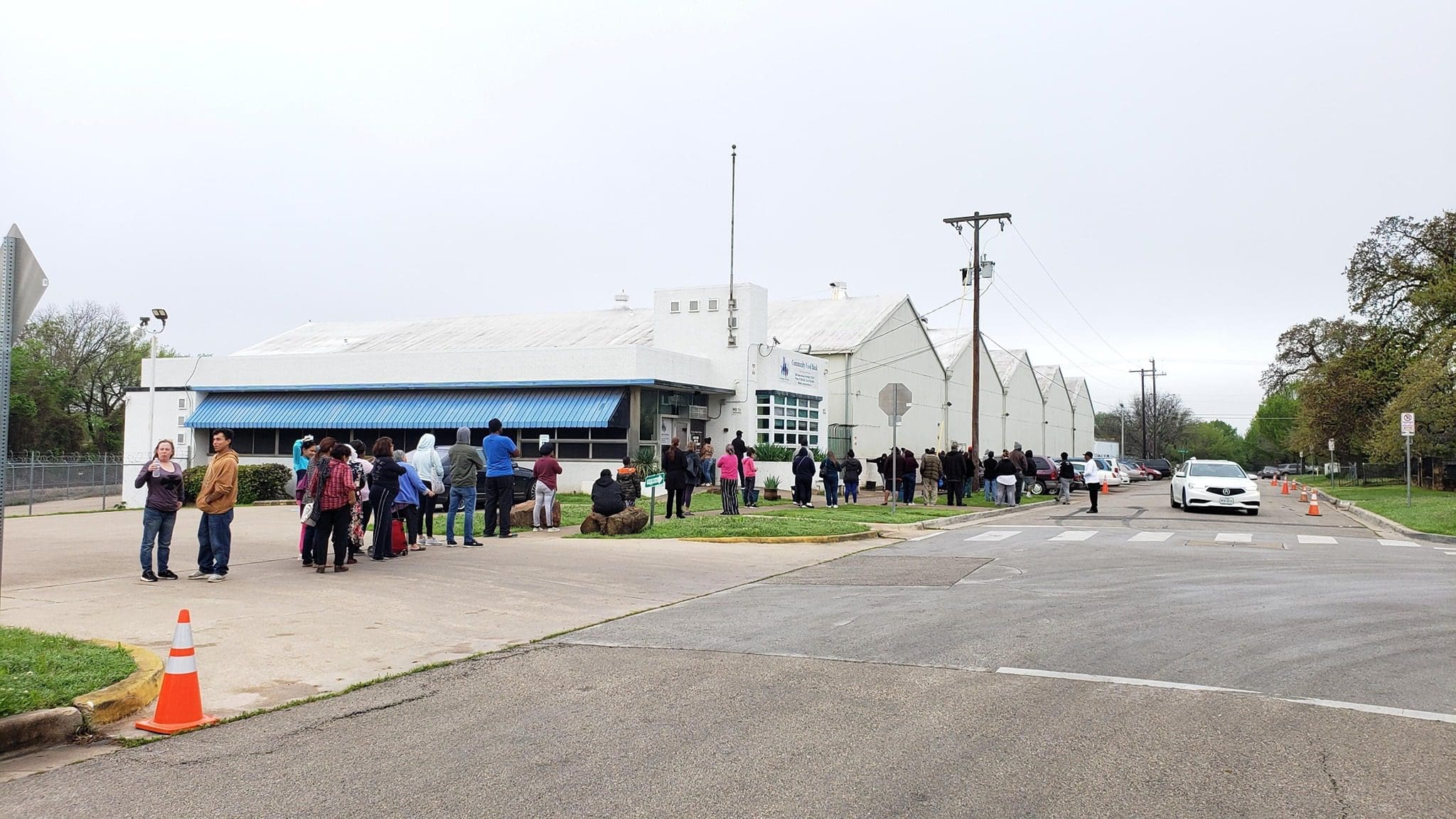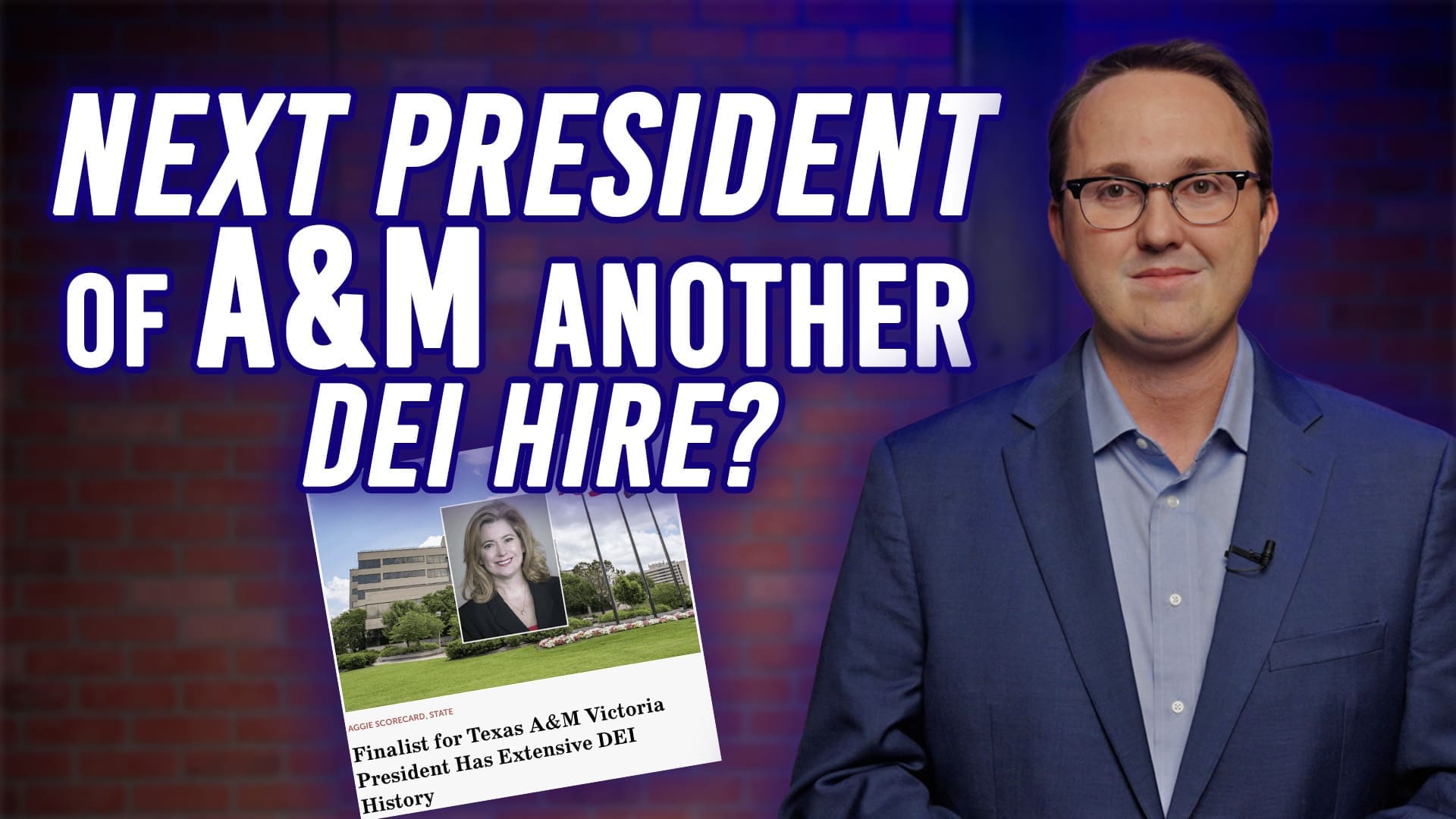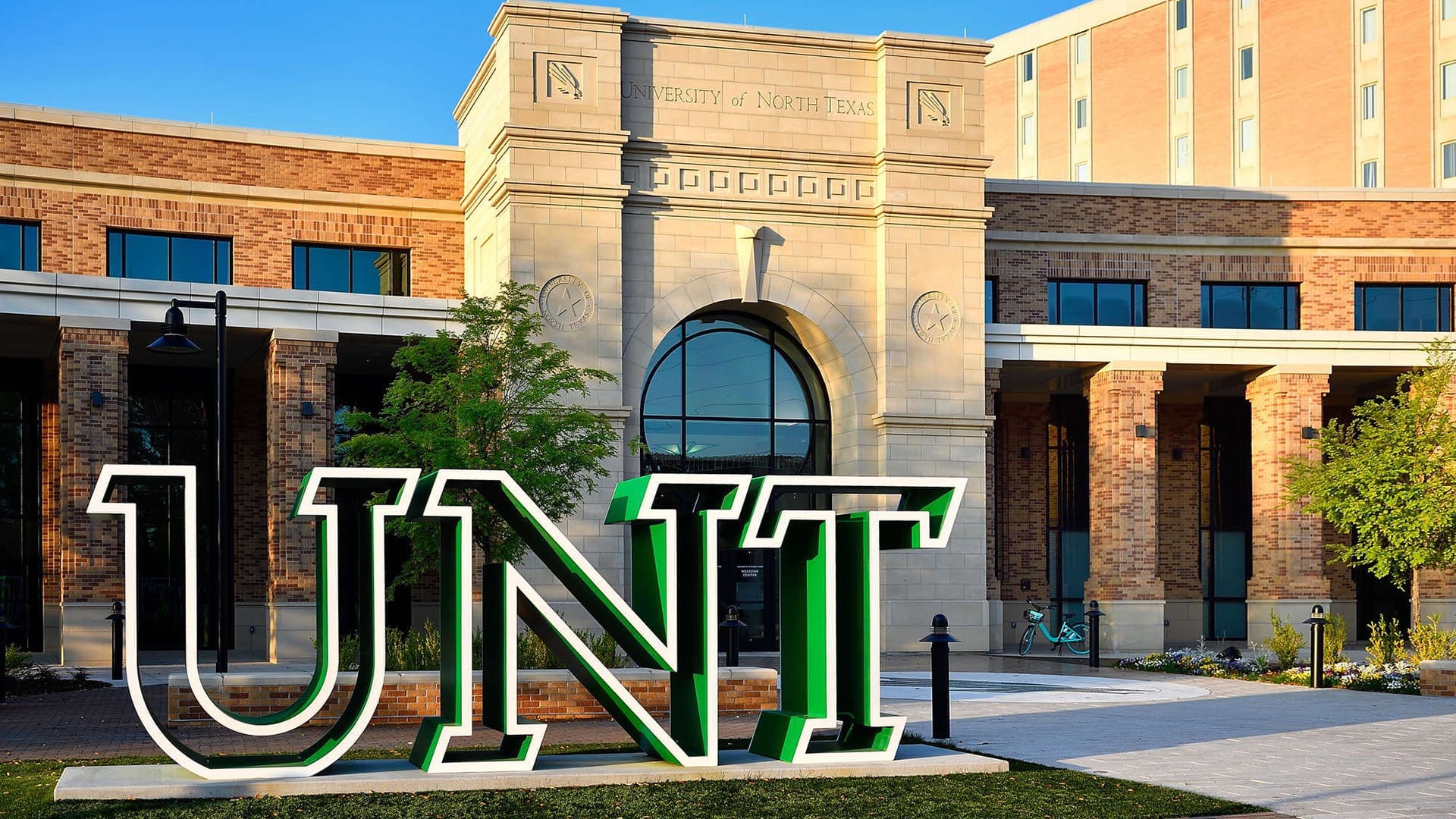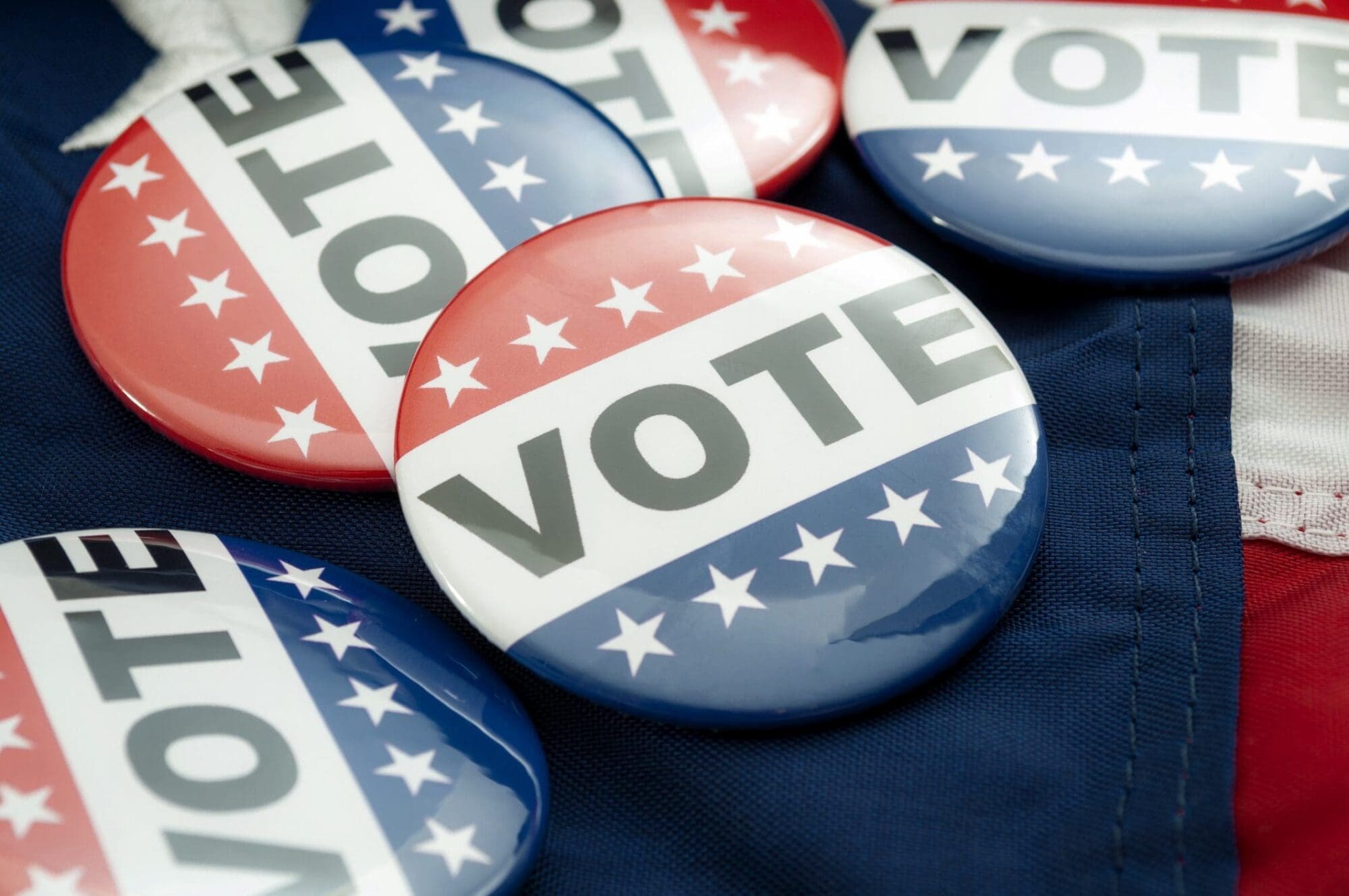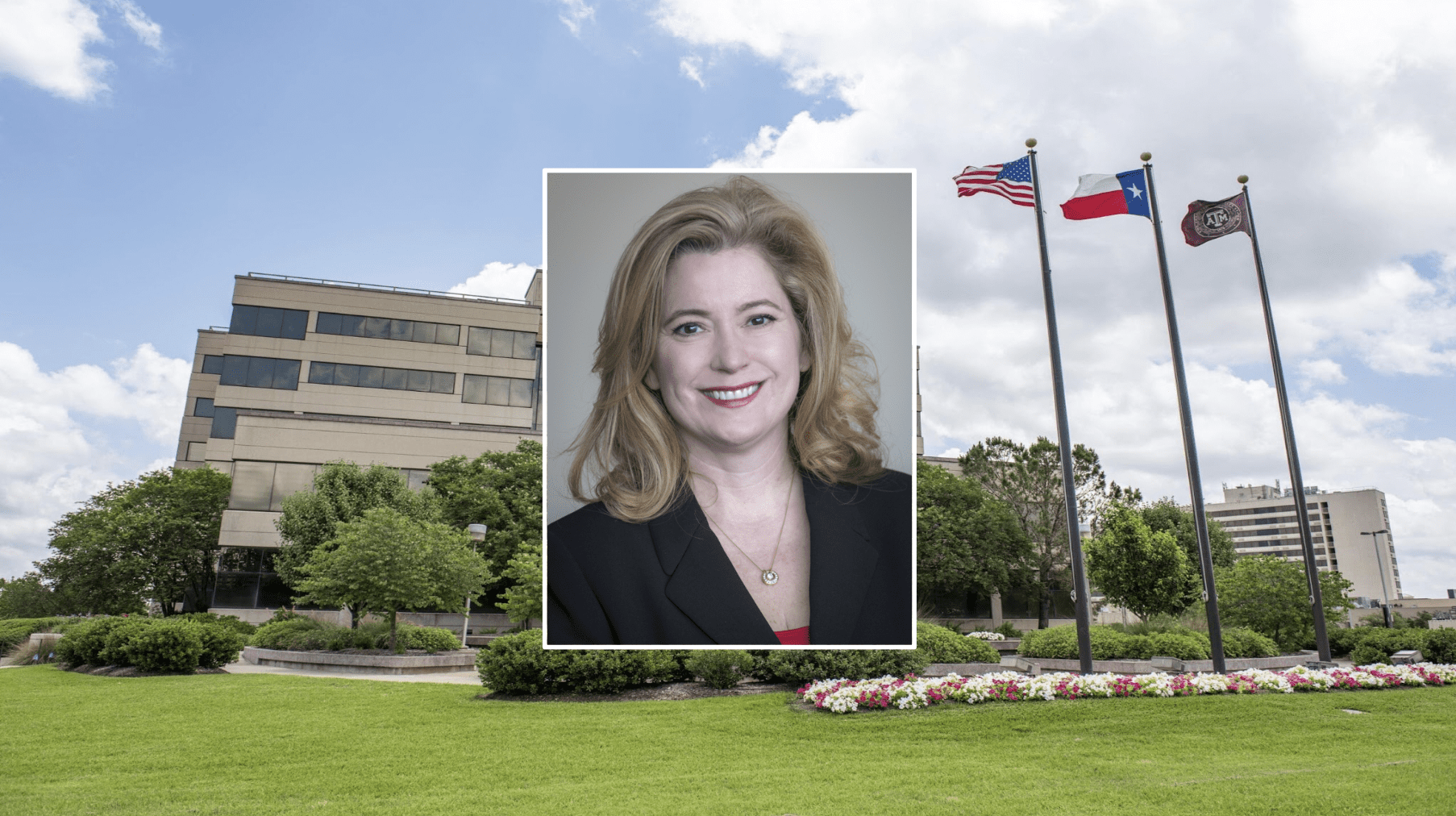With the Chinese coronavirus and “stay-at-home” orders gripping the planet, more Texans are facing job losses and struggling to make ends meet. For those in need—and those wanting to help—Community Food Bank is here to provide not just food, but hope.
Started 32 years ago by Arlen and Helen Voldness, Community Food Bank is at 3000 Galvez Ave. in Fort Worth and managed by Rudy and Regena Taylor with a very specific mission.
“We don’t just feed families,” Regena Taylor told Texas Scorecard. “We feed hope, and God has taken this ‘feed hope’ part bigger, better, and further than we ever thought.”
And Texans may need them now more than ever, as local governments across the state have in the past week issued “stay-at-home” orders, limiting business activity (with at least one elected official basing his order on a flawed study). The coronavirus pandemic—and reactions to it—are crippling many people’s livelihoods.
“There’s a man here who has his own catering business, and last month he made $27,000 with his catering business,” Taylor said. “This month, he has not made a penny.”
“Now, since his catering business is not functioning, he’s here in our kitchen, cooking for our volunteers.”
It’s not just this man Taylor has seen affected. She’s seeing more people come to their food bank needing help.
“We are probably getting more new people now,” Taylor said. “We have a lot of seniors that come here. Some of them are staying away and calling, asking if they can send their nephew or somebody else to pick the food up for them.”
“And then we have a lot of new people who have never, ever, been to a food pantry before,” she added. “You can tell they feel … a little sad to be in their position.”
But with no zip code restrictions—and no government funding—CFB is providing substantive boxes of foods to those in need that include meat, dairy, and canned and dried goods.
“We are helping lives and changing lives.”
“We give a box of food, and each box has three meats in it, as well as canned goods and dry goods,” Taylor said. “So, when people get food from us, they can take it home. And depending on how they cook it, how many people are in the house, it may stretch out for a whole week from what we give them.”
CFB has not only had to adapt to the dangers of the coronavirus—with social distancing, disinfectant, and gloves and masks available for those who need them—but also deal with a decrease in supply.
“Right now, the shelving [at stores that donate to us are] empty, so we’re not getting the donations we normally would,” Taylor said. “We’re very low on canned goods [and] dry goods. We’re lower than we’ve ever been with meat, and people come to us because we specialize in providing fresh and frozen meat, produce, and dairy.”
The decrease is not just in supply, but also in manpower. However, others have been stepping up to help CFB fulfill its mission to the community.
“We’re losing volunteers. But as we’re losing those and we’re asking people to come out and serve, the Reata restaurant—which is one of our better restaurants—they’ve had volunteers here all week.”
And they’re not the only ones volunteering; a group of nurses, churches, and distribution companies have also answered the call for help. Taylor said they also recently received $10,000 from the Mavericks Foundation, the charitable arm of the Dallas basketball team, and it’s being used to provide meals for children now out of school.
“We’re blessed that we’re able to help in those areas because of companies or foundations like the Mavericks Foundation.”
But still, CFB needs help.
“We’re still probably functioning at 33 percent less,” she said. “To do what we do, it takes 40 to 60 volunteers a day.”
There are other charities in need, as well.
“We’re right down the street … from Lancaster, where Salvation Army, Union Gospel Mission, and Presbyterian Night Shelter are,” Taylor said. “We share our surplus, and they share their surplus. But right now, none of us have surplus to share because we’re not getting the normal donations that we do.”
When asked about what requirements CFB has in order for someone to receive help, Taylor said because of the pandemic, they’ve waived what little they did have. “Right now, they just have to have a need,” she said. “Before, it was an income set level.”
“We ask them to have a picture ID,” Taylor went on. “Of course, we can tell if somebody’s homeless or not—they don’t have one—and we make exceptions for them.”
“We serve everybody. We don’t have zip code restrictions.”
When asked what she would tell people who are hurting and need help right now, Taylor extended a hand and beckoned them to come.
“There’s no shame in an epidemic. There’s no shame in a disaster. There’s no shame in someone having a need.”
“We treat everybody with dignity and respect, and we demand dignity and respect back,” Taylor added.
For those who are in a position to help others and are wanting to help, Taylor offers you an opportunity to make a difference.
“Donations of anything that’s comfortable,” she asks. “We don’t want anybody to sacrifice their family, but donations of any food item—fresh and frozen, canned goods, dry goods—we have the space for it, and we have the people in need.”
With the outpouring of help she’s already received and her past experience of living in North Texas, Taylor seems confident the community will step up to help.
“It truly takes a strong community to do what we do here,” she said. “I think North Texas is one of the most loving and giving communities that I’ve ever worked in, and I’ve worked in 37 states.”
Regardless, her confidence is in God to provide during this and all times.
“We believe God that we’re going to get it one way or another,” she said.
Community Food Bank provides help Monday through Thursday, from 9 a.m. to 1 p.m. Donations can be made here.
Have you seen someone step up as a citizen-leader, volunteering in your neighborhood to help others during the coronavirus pandemic? Let us know—we want to tell their stories. Please send to submission@texasscorecard.com.
